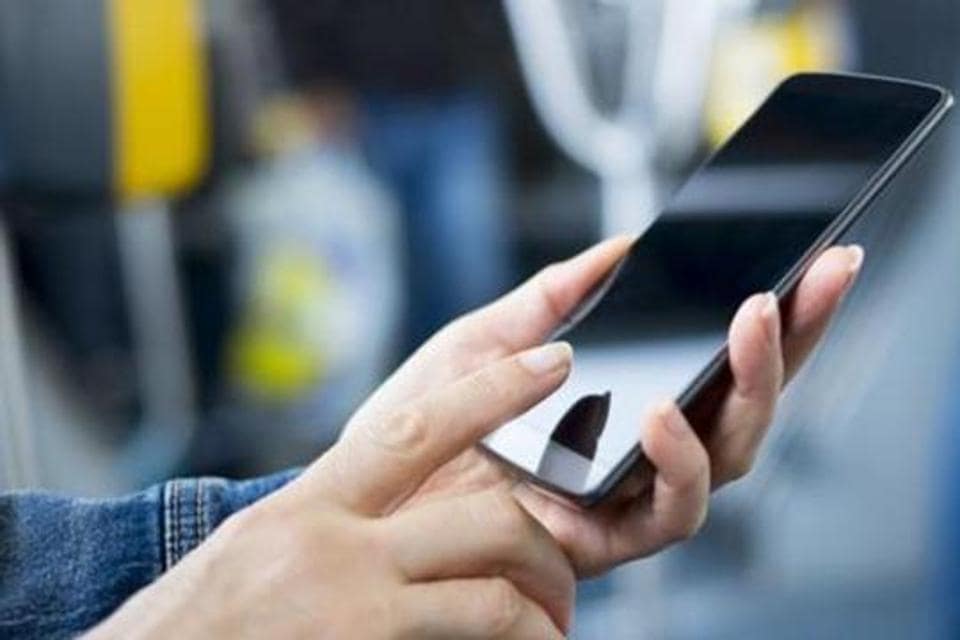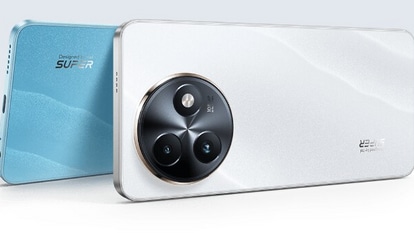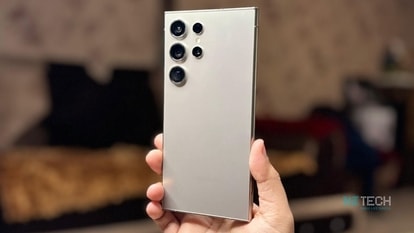RCS: What is it and does it make sense?
RCS has been rolled out to Android users in the US, but India will have to wait

After years of waiting and very limited rollouts, RCS or Rich Communication Services is finally available to Android users in the US. Android Messages product Manager Sanaz Ahari confirmed on December 13 that the American RCS rollout was complete.
Hi everyone! RCS is now available to all users in US as of Monday. Make sure to update both Messages and Carrier Services.
— Sanaz (@sanazahari) December 12, 2019
Beyond America, RCS is available in France, Mexico and the UK and Google is still working on support for more regions and third-party apps. So, it will clearly take a bit before others, say India, might get a rollout.
While we wait, it will do good to remember that RCS was discussed in India when WhatsApp was pulled up for not having servers in the country and RCS was being considered as a better, more secure, alternative to messaging.
So, what exactly is RCS?
RCS is an online protocol chosen by the GSM Association (that represents a whole bunch of organizations in the mobile industry including software and internet companies) in 2008 to replace the SMS (Short Messaging Service). It took GSMA another eight years to come up with a standard.
RCS basically allows more multimedia capabilities to your messages. You can send GIFs, high-res pictures, videos through it, you can write longer messages, attach heavier files, It lets you know if the person you are messaging is available or not and it even sends you a receipt to show that they have received your message. It also helps enable better group messages.
It also helps companies interact with customers better since it has features through which you can track your order status and let companies ask customers for feedback on their site - which just might not be a good thing for you, the user, but it works for companies.
So imagine your drab and dry SMS, beefed up to resemble the iMessage, though not as advanced.
All that sounds great, but…
Also, and perhaps most importantly, RCS is supported by operators so the data travels over operator network and therefore stays within the country borders and within its jurisdiction laws. In the case of the WhatsApp, the data travels through company servers, that are not in the country, so it is out of reach of our (Indian) legal jurisdiction.
And, as far as RCS is concerned there is another advantage in there for the governments, not for you the user. Unlike your WhatsApp and iMessages, RCS is not end-to-end encrypted. Messages you send via the RCS can be more easily intercepted.
End-to-end encryption means that your message is impenetrable to everyone, including the app vendor and the network provider, except you and the person you are messaging. If you want to make sure that no one else, especially the authorities, don't get to see your messages, RCS is not what you should be using.
However, to play devil's advocate here, RCS does have the "standard" security protocols in place like Transport Layer Security (TLS) and IPsec (Internet Protocol Security) which is used in VPNs. So depending on what your security needs are, you can decide if you are comfortable using RCS or not.
When is it coming to India?
It depends entirely on operator support. While operators abroad including AT&T, Verison, T-Mobile etc have already promised support for RCS, so has hardware manufactures like Samsung, Lenovo, LG etc and Microsoft and Google.
There are reports stating that RCS is available on the Google Messages app in India and Reddit posts say that Vodafone users in India can already use RCS features on their network as can Reliance Jio users.
For a wider, proper rollout, we need to still wait.
Catch all the Latest Tech News, Mobile News, Laptop News, Gaming news, Wearables News , How To News, also keep up with us on Whatsapp channel,Twitter, Facebook, Google News, and Instagram. For our latest videos, subscribe to our YouTube channel.


























